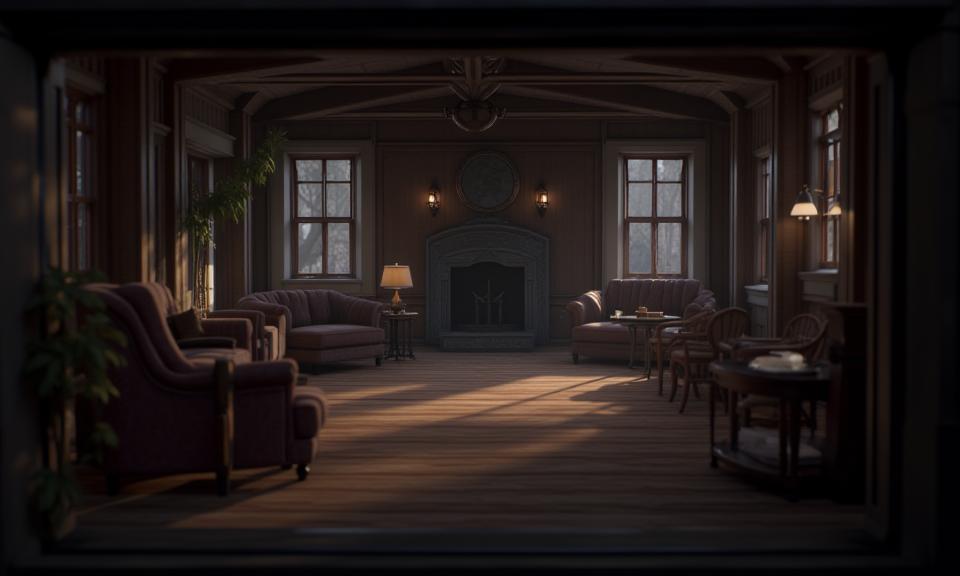
Become a Game Developer with Pixel Perintis Training
Dive into the exciting world of game creation. Our hands-on courses, taught by industry experts in Penang, equip you with the practical skills to design, code, and produce the games of tomorrow. Stop playing games, start making them!
Enroll Now











